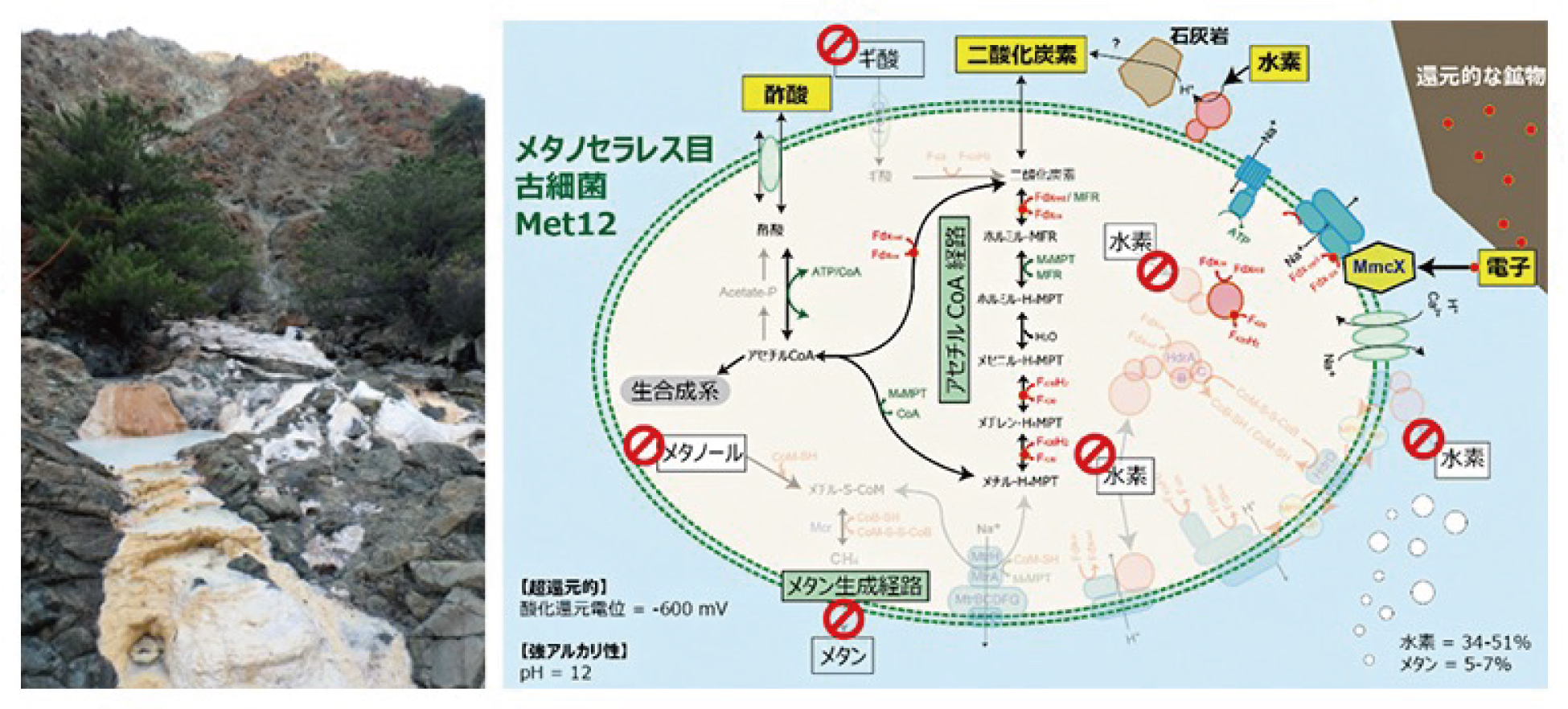

- All
- Press Release
- Research Paper
- Others
-
July 3, 2025
Nakagawa's paper “A Novel Insertion Site for Group I Introns in tRNA Genes of Patescibacteria” has been published on bioRxiv!
-
July 1, 2025
Ishii has joined our laboratory.
We look forward to working with you from today!
-
May 30, 2025
At The Japan Geoscience Union (JpGU) Meeting 2025 (May 25–30, Makuhari), Chief Scientist Suzuki and Research Scientist Omae gave oral presentations.
-
May 1, 2025
Aoki has joined our laboratory.
We look forward to working with you from today!
-
April 1, 2025
Waga and Nishide have joined our laboratory.
We look forward to working with you from today!
-
March 28, 2025
At the 49th Annual Meeting of The Society for the Study of the Origin and Evolution of Life Japan (March 26–28, Yokohama), Student Trainee Matsumoto presented a poster, while Chief Scientist Suzuki and Research Scientist Omae gave oral presentations.
-
March 19, 2025
We held a kickoff meeting for an international collaborative research project at the University of Leeds and Newcastle University in the United Kingdom.
-
January 23, 2025
Mr. Naoki Konno (D3) from the Graduate School of Science, The University of Tokyo, gave a lecture at the RIKEN Seminar (Title: Toward predictive biology of evolution).
The seminar was highly meaningful, with lively discussions taking place throughout. Thank you very much, Mr. Konno!
-
December 18, 2024
Students from Saitama Prefectural Omiya Senior High School visited our laboratory.
Thank you for all the questions you asked about Dr. Suzuki's presentation.
-
2 November 30, 2024
Dr. Amikura's paper “Evolutionary Flexibility of Ribosome Biogenesis in Bacteria” has been published on bioRxiv!
-
November 19, 2024
Students from Tosa Senior High School visited our laboratory.
Thank you for listening to Dr. Suzuki's presentation with such enthusiasm.
-
June 13, 2024
Microbe opens the door to carbon-dioxide driven manufacturing.
We have discovered a new microbe that may offer insights into the origins of life on Earth, the search for extraterrestrial life, and microbial manufacturing. Found in the extreme environment of The Cedars in northern California, this microorganism, called Met12, converts carbon dioxide into acetate using a previously unknown metabolic pathway. Unlike its relatives, it does not produce methane but instead relies on a unique gene, MmcX, to enhance electron uptake and facilitate energy metabolism.
This discovery suggests that early life on Earth may have used similar processes to survive in harsh conditions. Met12’s ability to thrive in an inhospitable environment could also provide clues about life on other planets. We initially doubted their findings, but through synthetic biology techniques, we confirmed the microbe’s existence and metabolic function.
Beyond its implications for understanding life’s origins, this research has practical applications. The MmcX gene could improve biofuel production and microbial carbon sequestration, helping to address climate change. We are now exploring other extreme environments, such as Japan’s hot springs and the Mariana Trench, to uncover more unique microbes and genes with potential biotechnological applications.RIKEN Press release "Microbe opens the door to carbon-dioxide driven manufacturing"

- ALL
- 2023
- 2024
- 2025


